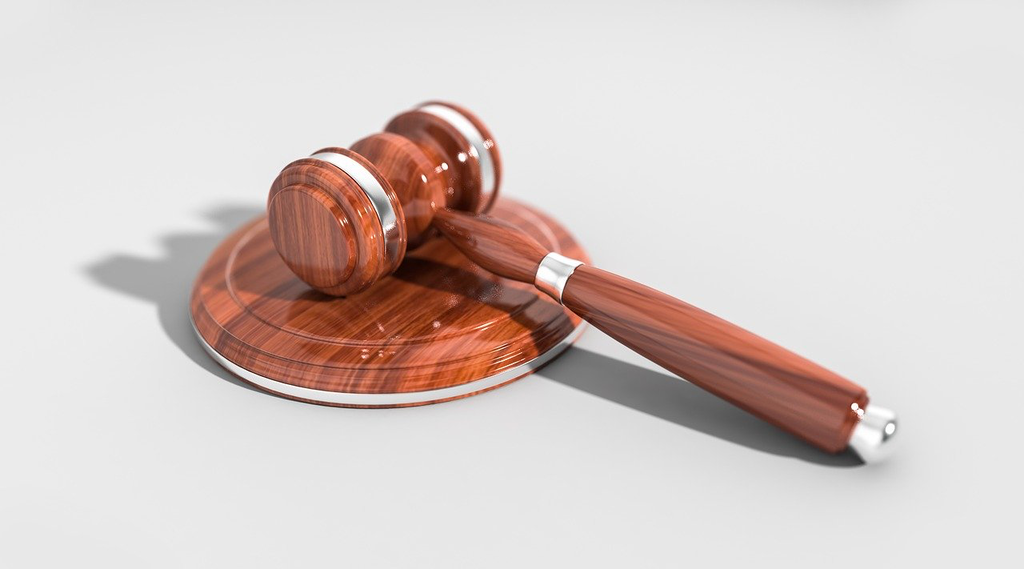DRCC welcomes increased protections for victims of crime during trials
06 June 2018

Dublin Rape Crisis Centre (DRCC) has welcomed the announcement of Minister Charlie Flanagan TD that all sections of the Criminal Law (Sexual Offences) Act 2017 are now operational. It has also welcomed the Minister’s statement that a review of all protections for complainants will be concluded by the end of the summer 2018.
Noeline Blackwell, DRCC Chief Executive said “Now that these final sections of the Criminal Law (Sexual Offences) Act 2017 are operational, vulnerable witnesses will have important small added protections, particularly if they are children. We must remember that many people accused of rape and other sexual assaults know the victim well – and are often related to them. The new rules will mean that the accused will not be in the line of sight of a child, if that would distress the child, which will allow the child give evidence more freely. Ideally, children should be able to give evidence by video link in all cases, but our courts aren’t all equipped for that, so the provision of a screen of some kind is a welcome addition.”
The new rules will also limit the capacity of an accused to cross examine either a child or adult complainant in person, though they will continue to have the right to cross examine through a lawyer. The new rules which will balance an accused’s request for the complainant’s counselling notes against a complainant’s rights to privacy.
Speaking of the review of the entire system proposed by Minister Flanagan, Ms. Blackwell said “This review is welcome, because it is quite clear that those who are giving evidence in court for the State are currently not well protected. Everyone other than the complainant in court is either represented by lawyers, or is a professional familiar with the system.”
She said that the current system re-traumatises many victims of crime in a way that is no longer permissible or acceptable. Ms. Blackwell said “We have submitted our view that complainants are entitled to legal representation, like other parties in the case, particularly when the case hinges on whether or not the sexual activity was consensual”.
Responding to reports that the Minister was considering a new role of advocates for complainants, Ms. Blackwell said “Dublin Rape Crisis Centre has a long running service where trained volunteers accompany complainants to court but take no part in the court process. If there is to be a new role short of legal representation, it must be more than silent support in court. It must give effective protection and an effective voice to complainants who play such an important part in ensuring that those who commit sexual crimes are held to account”.
/End
Spokesperson: Noeline Blackwell – info@rcc.ie
———————————————————ENDS——————————————————————-
Editor’s Notes
- According to an official press release from the Department of Justice and Equality dated 4 June 2018, the Minister for Justice and Equality, Minister Charlie Flanagan TD, has signed new orders commencing the remaining provisions of Part 6 of the Criminal Law (Sexual Offences) Act 2017. These include new provisions for screens to protect child complainants, the disclosure of third party counselling notes and limitation on the right of an accused to personally cross-examine complainants who are giving evidence, be they adult or child.
- Dublin Rape Crisis Centre is a non-governmental, voluntary organisation which has as its mission to prevent the harm and heal the trauma of rape. It offers a suite of services to victims of sexual violence. It runs the National 24-hour Helpline for those who need it in any part of the country. It offers face to face therapy and accompaniment to the Rotunda Sexual Assault Treatment Unit, to court or to Garda stations to people in Dublin and in surrounding areas from its offices at Leeson Street. There are outreach offices at Coolock Civic Centre, Dóchas Women’s Centre, Mountjoy Prison and Tallaght Hospital.
- We ask that when reporting on this topic, journalists remember that discussions on sexual violence can trigger personal trauma in those receiving the information. Where possible, please make reference to the National 24-hour helpline number 1800 77 88 88 for anyone who may be affected by the discussion.